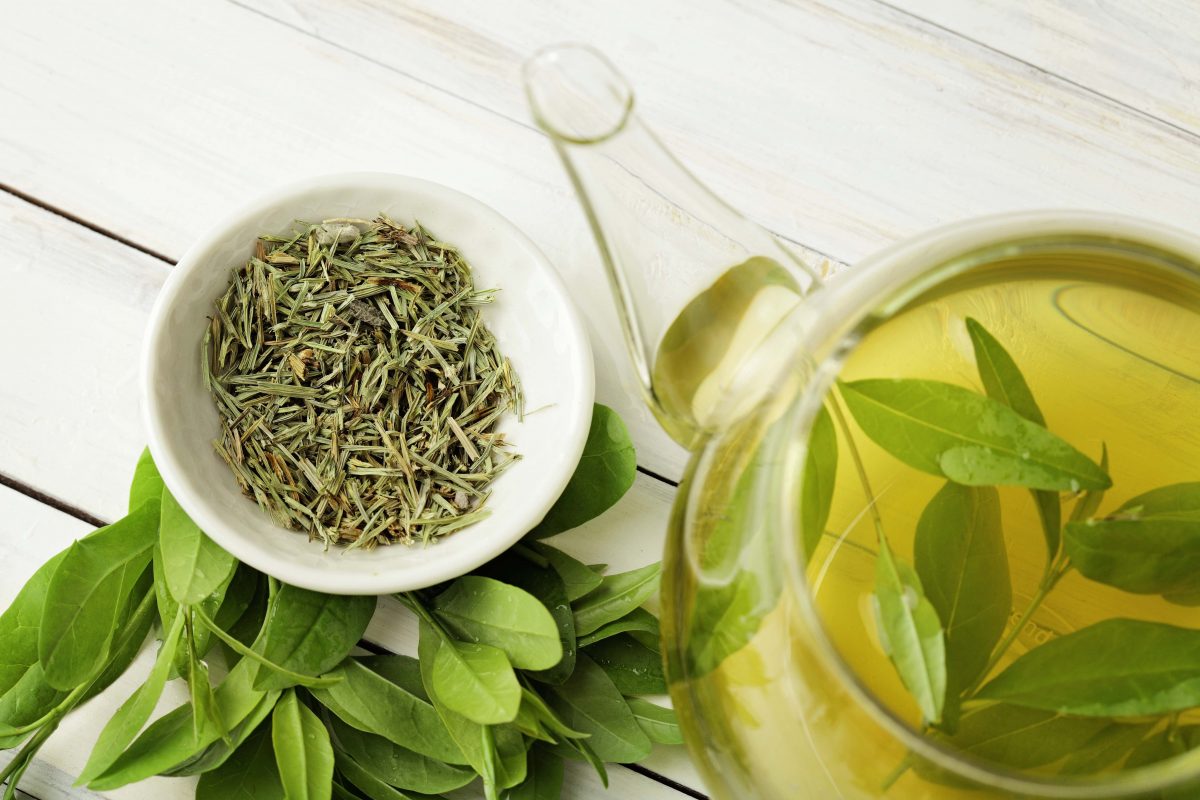New research challenges previous assumptions about how the ingredients in Green Tea work to promote health.
Green tea has long been known to have health benefits. In particular, it contains catechins called ECG and EGCG which are said to prolong life.
These two substances belong to the group of polyphenols. They are considered antioxidants, meaning they counteract or prevent oxidative stress in the body caused by aggressive oxygen free radicals.
Until now, researchers have assumed that the catechins neutralize these free radicals and thus prevent damage to cells or DNA. One source of oxygen free radicals is metabolism; for example, when the mitochondria, the powerhouses of the cell, are working to produce energy.
In a new study in the journal Aging, the researchers show that these green tea polyphenols initially increase short-term oxidative stress, but that this has the subsequent effect of increasing the defensive capacities of cells and the organism. As a result, the catechins in the green tea that the researchers fed to the nematodes led to longer life and better fitness.
“That means that green tea polyphenols, or catechins, are not actually antioxidants, but prooxidants that enhance the body’s ability to defend itself, similar to a vaccine,” says study leader Michael Ristow, professor of energy metabolism at the Health Department of Science and Technology of the ETH Zurich.
However, this increased defensive capacity is not manifested through the immune system, but rather through the activation of genes that produce certain enzymes such as superoxide dismutase (SOD) and catalase (CTL). It is these enzymes that inactivate the free radicals in the nematode; they are essentially endogenous antioxidants.
Ristow is not surprised to see this type of mechanism at work. His research group demonstrated in 2009 that the reason why sport promotes health is because sports activities increase oxidative stress in the short term, thus improving the body’s defences.
Eating fewer calories has the same effect, as has been shown several times in animals. Mice fed a low-calorie diet live longer than those fed a normal high-calorie diet. “So it made sense to me that the catechins in green tea would work in a similar way,” Ristow explains.
He goes on to say that the findings of this study translate well to humans. The basic biochemical processes by which organisms neutralize oxygen free radicals are conserved in evolutionary history and are present in everything from single-celled yeast to humans.
Ristow himself drinks green tea every day, a practice he recommends. But advise against taking green tea extracts or concentrates. “At a certain concentration, it becomes toxic,” he says. High-dose catechins inhibit mitochondria to such an extent that cell death occurs, which can be particularly dangerous in the liver. Anyone who consumes these polyphenols in excessive doses risks damaging their organs.
While most catechins are found in Japanese varieties of green tea, other green teas also contain sufficient amounts of these polyphenols. Black tea, on the other hand, contains a much lower level of catechins, as these are largely destroyed by the fermentation process.
“That’s why green tea is preferable to black tea,” says Ristow.
Additional coauthors are from the University of Jena and ETH Zurich.
This article was originally published by ETH Zurich. republished via future.org
.
